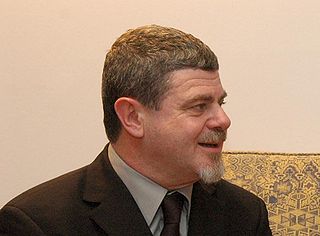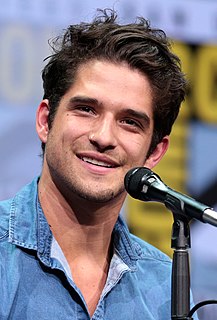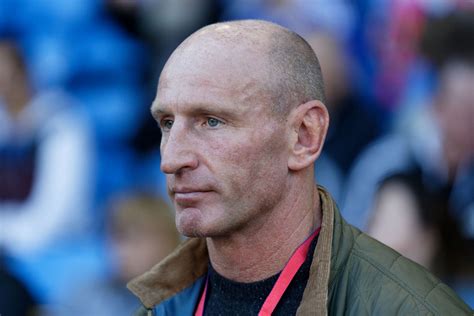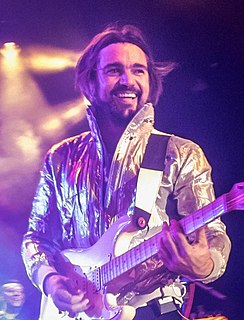A Quote by Howard Fast
After the Spanish Civil War against Franco, a group of us got together: a group of well-to-do people who were sympathetic to the lost cause of a Republican state. We bought a convent in Toulouse and converted it into a hospital run by the Unitarians. It took care of the Spanish refugees who fled to Toulouse.
Related Quotes
I think in many ways, the Spanish Civil War was the first battle of World War II. After all, where else in the world at this point did you have Americans in uniform who were being bombed by Nazi planes four years before the U.S. entered World War II? Hitler and Mussolini jumped in on the side of Francisco Franco and his Spanish nationalists, sent them vast amounts of military aid, airplanes, tanks - and Mussolini sent 80,000 ground troops as well - because they wanted a sympathetic ally in power. So I think it really was the opening act of World War II.
Some 2,800 Americans went to Spain [during the Spanish Civil War], and it was, by far, the largest number of Americans before or since who've ever joined somebody else's civil war. I think they were primarily people who were deeply alarmed by the menace of fascism. They saw this on the horizon. I quote one volunteer, Maury Colow of New York, who said, "for us it was never Franco, it was always Hitler."
Actually, my first group was a folkloric group, an Argentine folkloric group when I was 10. By the time I was 11 or 12 I started writing songs in English. And then after a while of writing these songs in English it came to me that there was no reason for me to sing in English because I lived in Argentina and also there was something important [about Spanish], so I started writing in Spanish.
I had relatives in New York City who I stayed with. And in those days, the area from Union Square down Fourth Avenue had small bookstores, many of which were run by Spanish immigrants who'd fled after [Francisco] Franco's victory. I spent time in them, and also in the offices of Freie Arbeiter Stimme (Free Worker's Voice) with anarchists. I picked up a lot of material and talked to people, and it became a major influence.
Toulouse expanded my game. You were given a freedom to play and express yourself on the field. Toulouse is the biggest club in Europe, rugby's equivalent of Real Madrid. Their game has always been about offloading and running but it is also physical, the complete 'package. It was always exciting, no matter how close a game was.






































